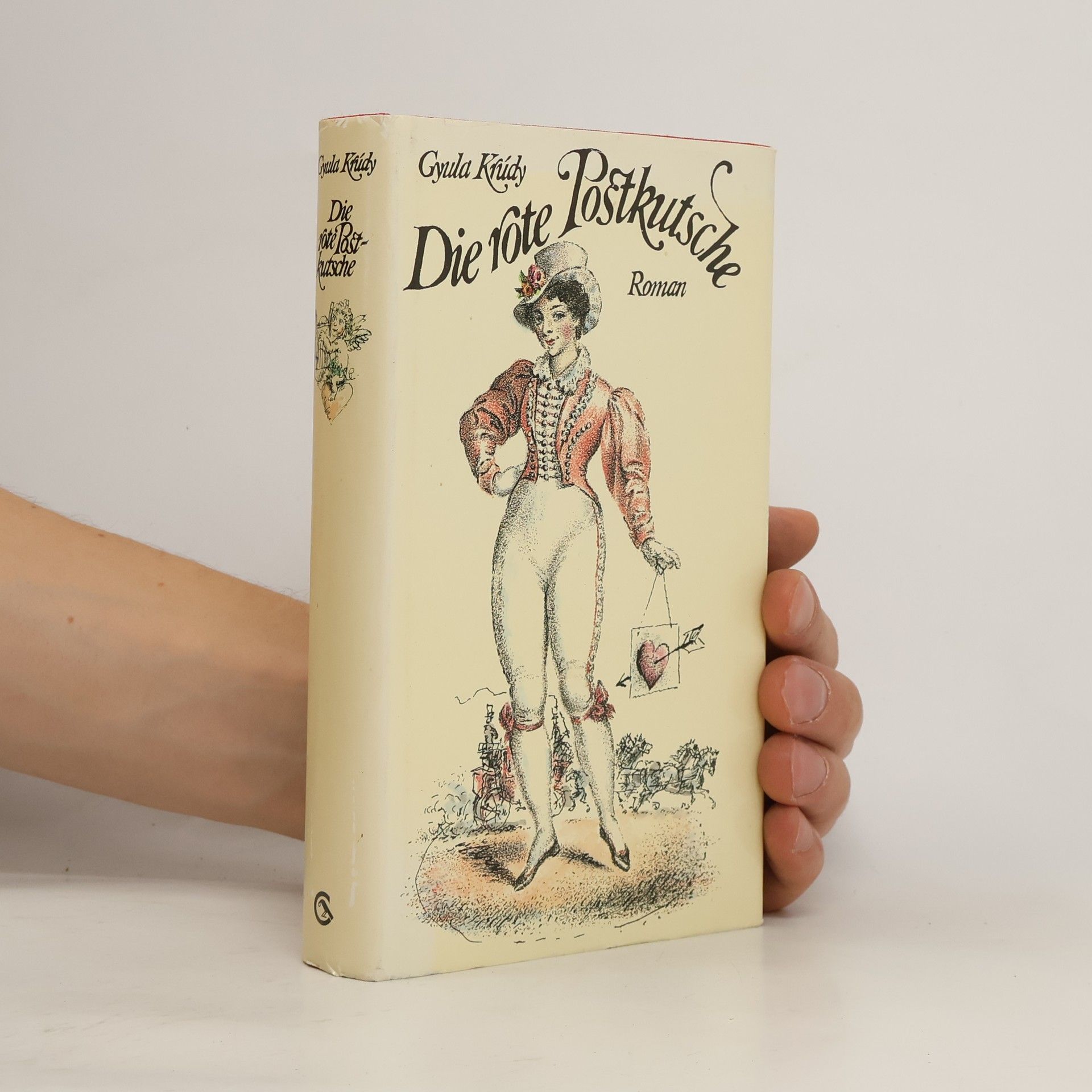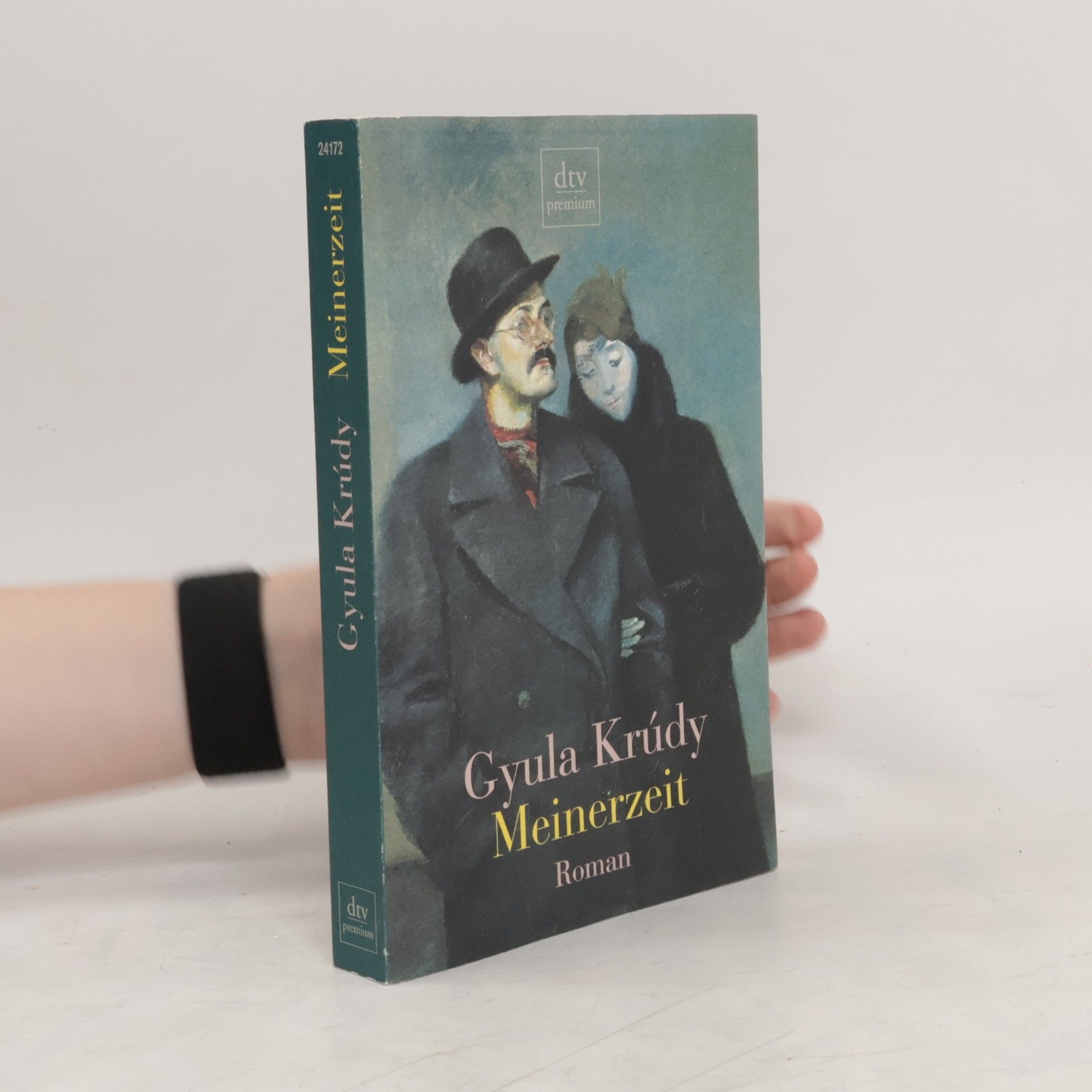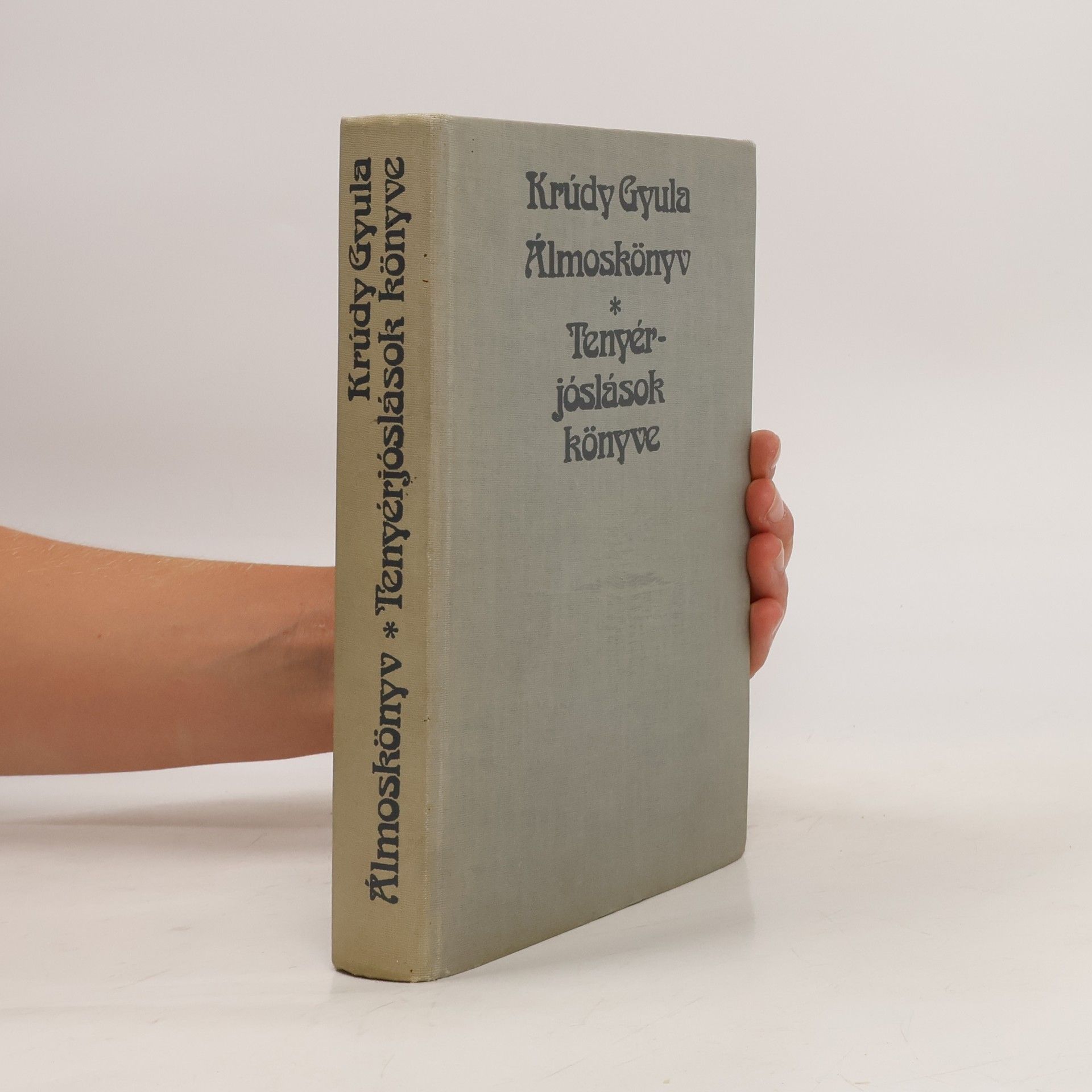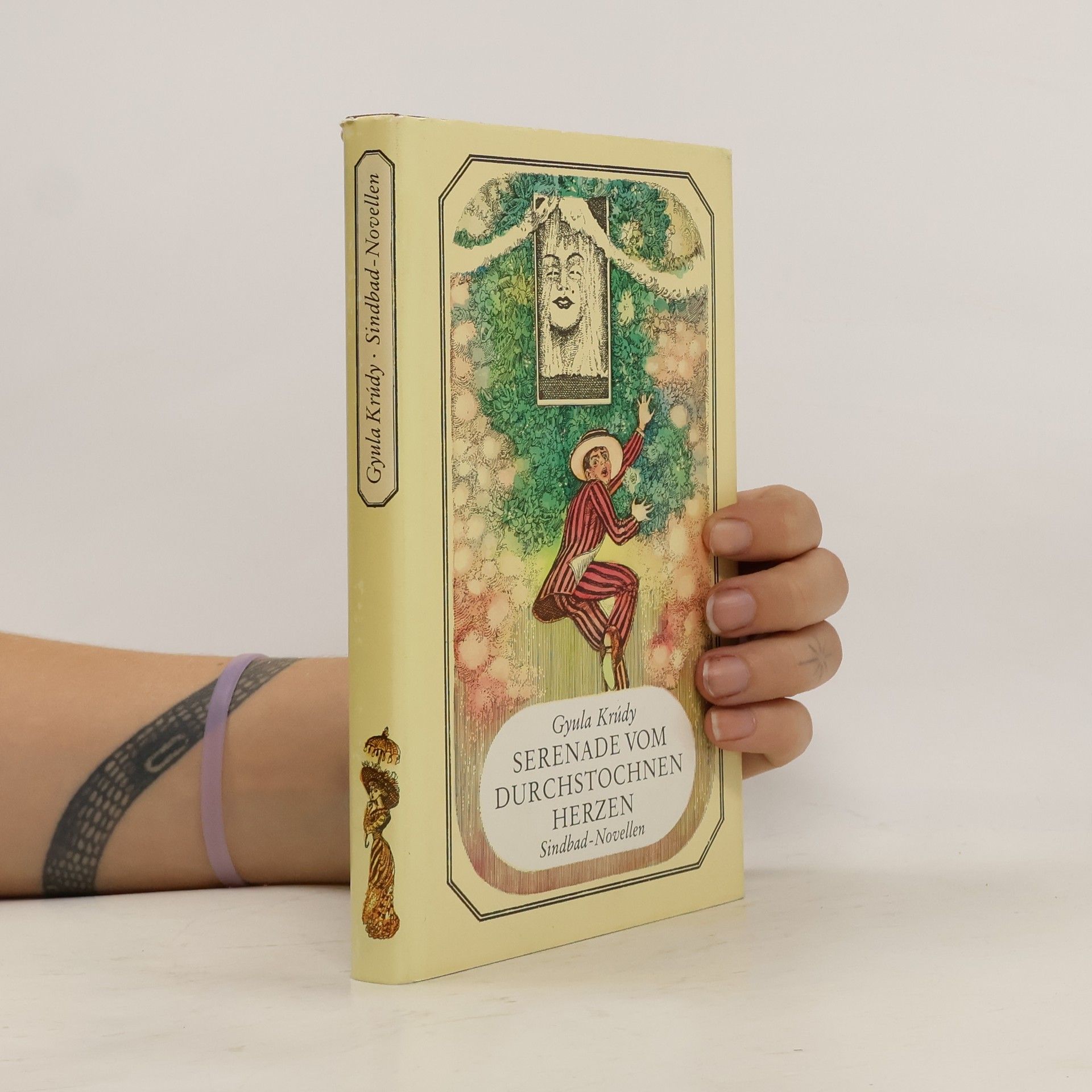Optimisticky laděný román maďarského prozaika a novináře čerpá z prostředí budapešťské bohémy na začátku století. Dějovou osu, jež často ustupuje lyrickým a náladovým pasážím, tvoří osudy dvou mladých hereček, které nedostaly angažmá a usadily se v Budapešti. Hlavním hrdinou knihy je však novinář Kazimír Rezeda, autorův dvojník, smutný rytíř obou dívek, který čtenáře provází budapešťským bohémským prostředím, měšťanskými domy, kavárnami a divadelními šatnami. Předmluva Anna Valentová: "Básník maďarského impresionismu"
Gyula Krúdy Knihy
Gyula Krúdy byl maďarský prozaik a novinář, jehož dílo bývá pro svou nostalgickou atmosféru a zkoumání minulosti přirovnáváno k dílu Marcela Prousta. Ve svých textech se Krúdy často zaměřoval na magický svět Budapešti a proměny uherské společnosti na přelomu 19. a 20. století. Jeho jedinečný styl, který mísí realismus se snovými vizemi a melancholickou náladou, vtahuje čtenáře do hlubin lidské paměti a touhy. Prostřednictvím postavy Sinbada, která se objevuje v jeho dílech, Krúdy zkoumal témata mládí, ztracených iluzí a neustálého hledání domova.

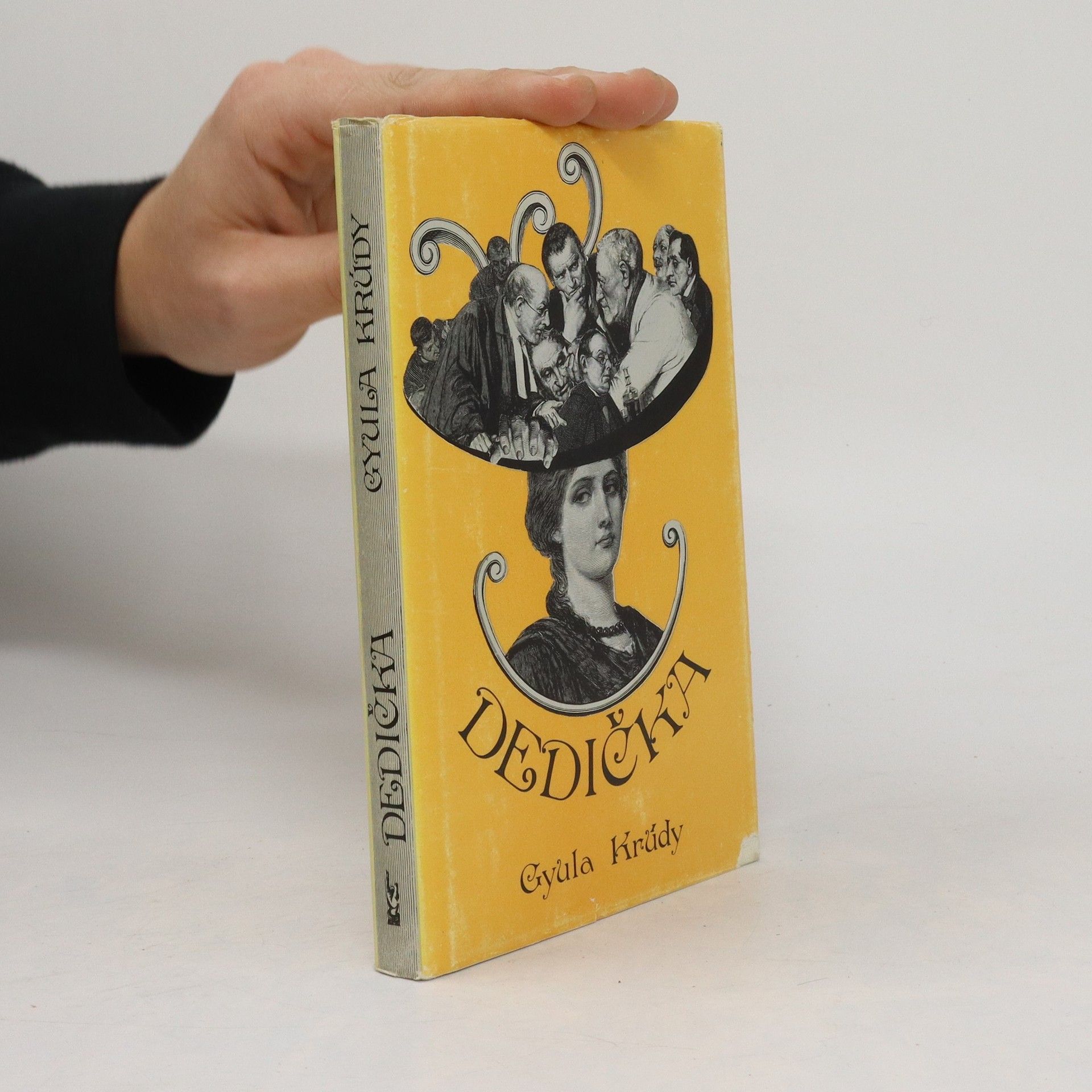
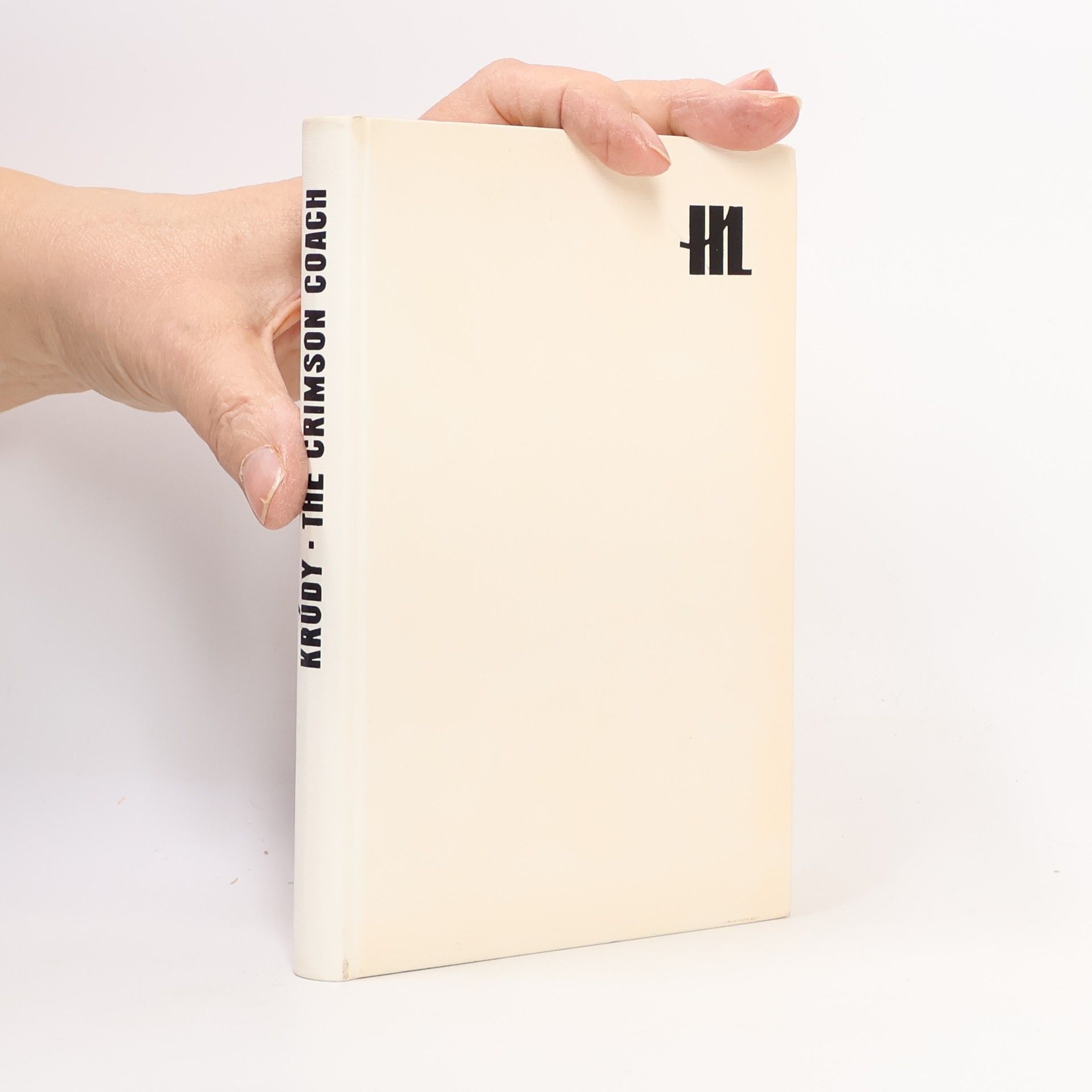

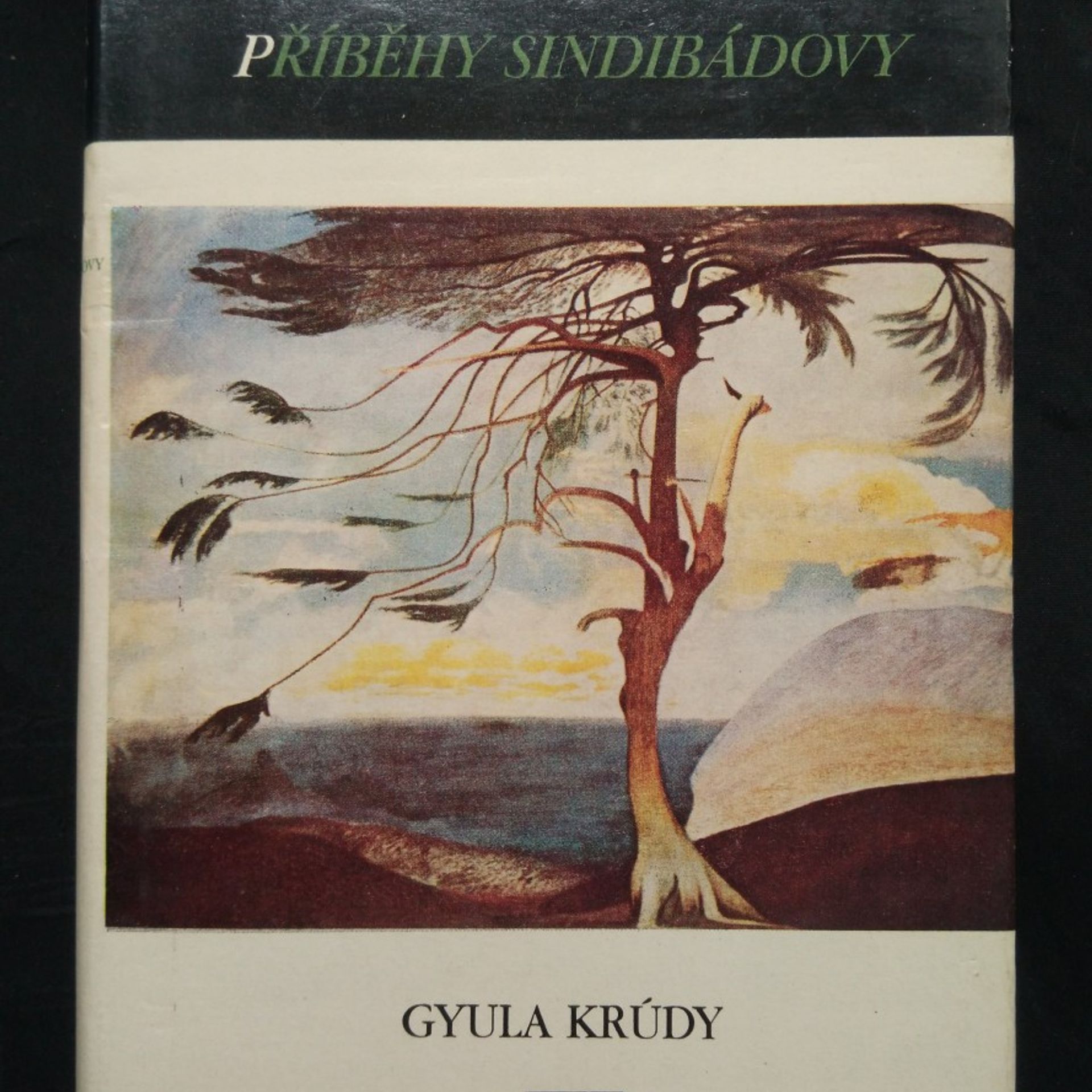
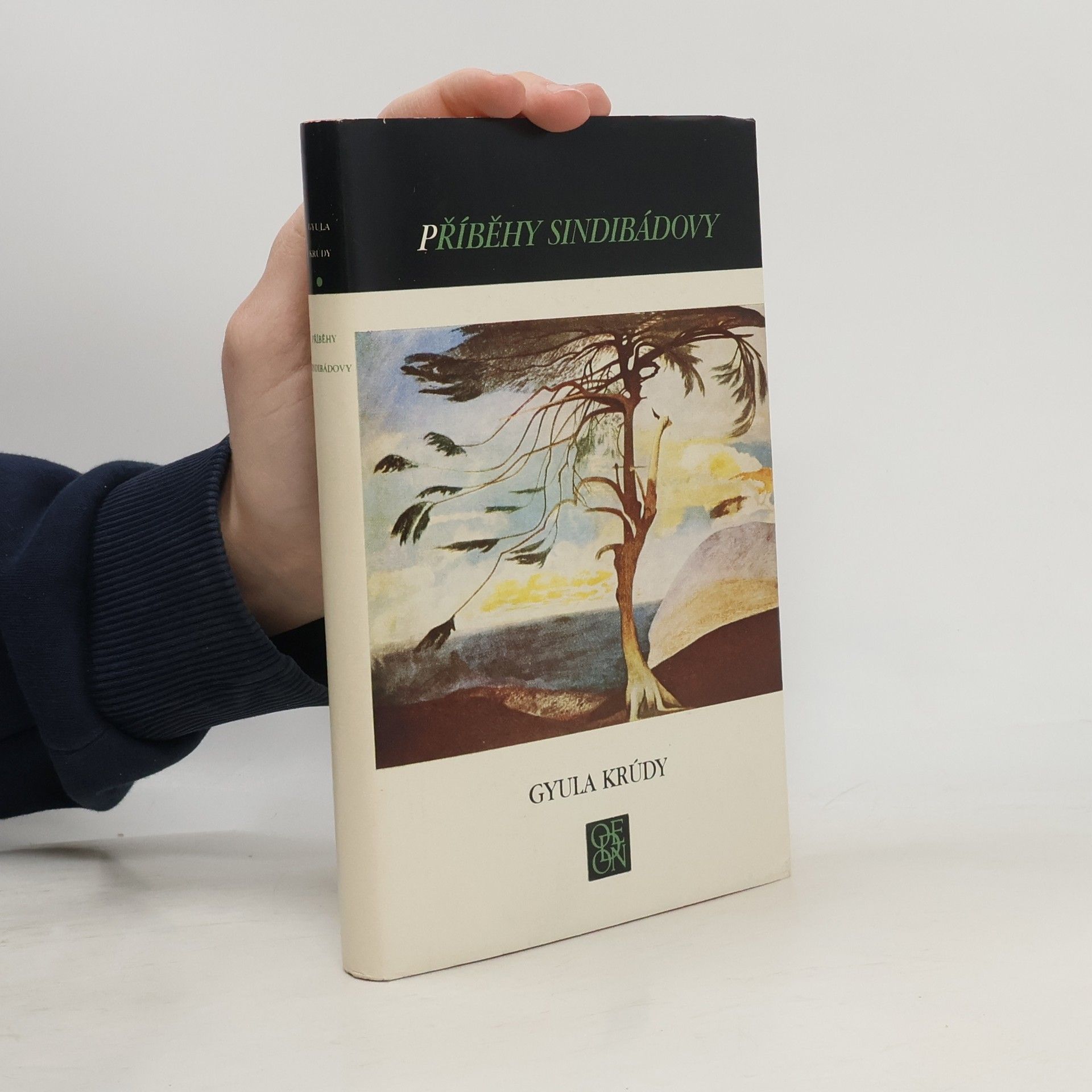
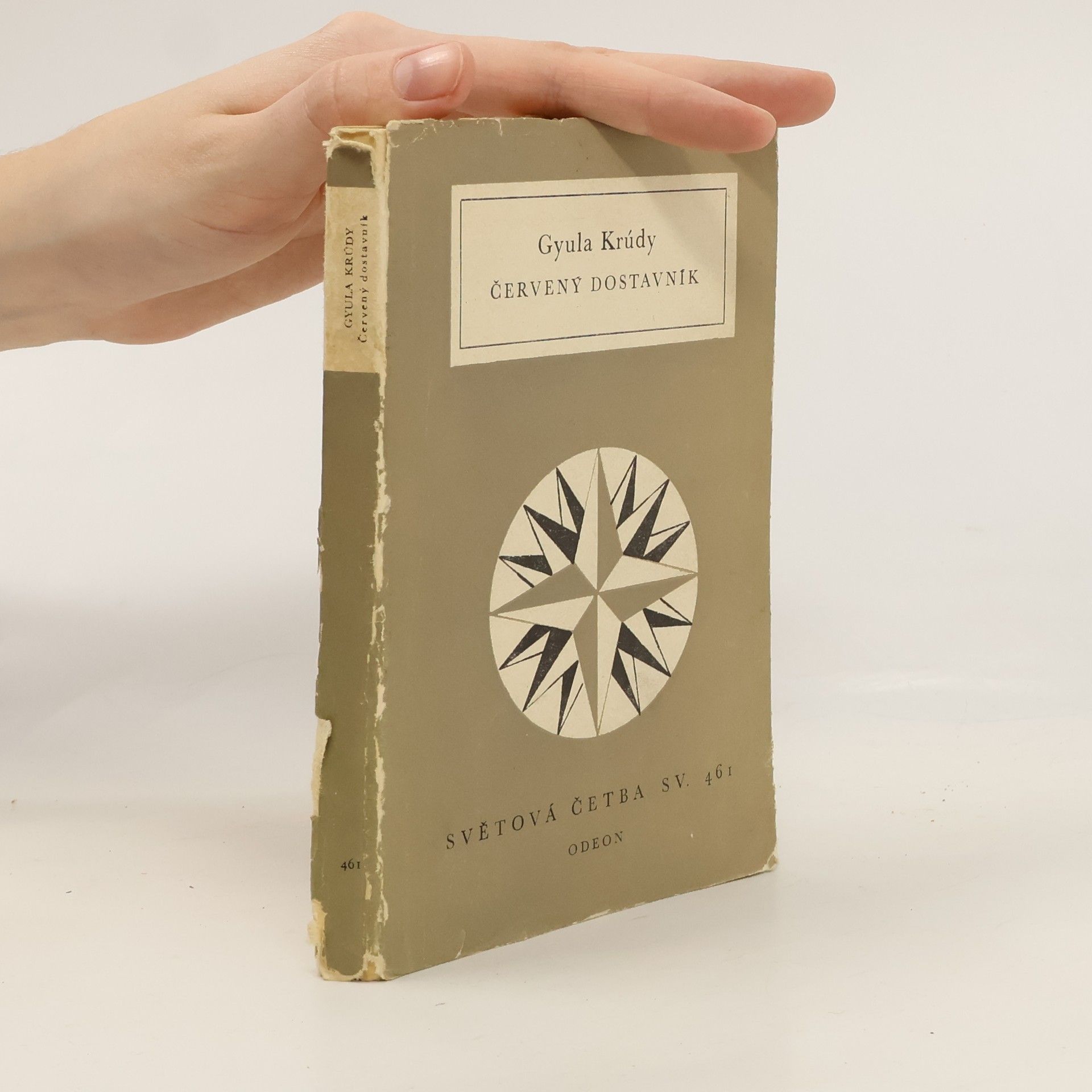
Výbor povídek klasika maďarské dekadentní prózy. Jde většinou o krátké, v podstatě lyrické imprese, stylově směšující literární impresionismus, vlivy dekadence a realismu. Tematicky je propojuje ústřední postava "Sindibáda" - zvolna stárnoucího milovníka žen, dobrého jídla a vína,putujícího po městech Zalitavska, tj. po východní části Rakousko-Uherské říše, a zažívajícího znova a znova krátké milostné epizody. Krúdyho povídky jsou psychologicky vytříbené, jemně vybroušené klenoty, s velkou pozorností zachycující nejjemnější detaily životního stylu specifické vrstvy maďarské gentry a drobné buržoasie před I. světovou válkou.
Výbor povídek klasika maďarské dekadentní prózy. Jde většinou o krátké, v podstatě lyrické imprese, stylově směšující literární impresionismus, vlivy dekadence a realismu. Tematicky je propojuje ústřední postava "Sindibáda" - zvolna stárnoucího milovníka žen, dobrého jídla a vína,putujícího po městech Zalitavska, tj. po východní části Rakousko-Uherské říše, a zažívajícího znova a znova krátké milostné epizody. Krúdyho povídky jsou psychologicky vytříbené, jemně vybroušené klenoty, s velkou pozorností zachycující nejjemnější detaily životního stylu specifické vrstvy maďarské gentry a drobné buržoasie před I. světovou válkou.
Krúdy's chronicles
- 288 stránek
- 11 hodin čtení
Written during the 1910s '20s and '30s, these articles offer a wistful and nostalgic image of the waning years of the Austro-Hungarian empire, with portraits of the Habsburgs, culminating in first-hand reports in 1916, from Vienna on the funeral of Emperor Francis Joseph I, and from Budapest on the coronation of Charles IV, the last king of Hungary. Krúdy's reports follow the bloodless democratic revolution of 1918, the Károlyi government and the short-lived Soviet Republic, and present cameos of the leading political figures of the day such as Ferenc Kossuth, Mihály Károlyi and Béla Kun. In his lively, casual pieces Krúdy displays his intimate knowledge of Hungarian society with a special emphasis on literature and publishing.
Dedička
- 176 stránek
- 7 hodin čtení
Die rote Postkutsche.
- 429 stránek
- 16 hodin čtení
Mit diesem Roman schuf Gyula Krúdy (1878-1933) ein faszinierendes Zeit- und Sittengemälde des "hochherrschaftlichen" Budapest vor dem Ersten Weltkrieg
Meinerzeit
- 232 stránek
- 9 hodin čtení
Eine Literarische Entdeckung in deutscher Erstübersetzung. ›Meinerzeit‹ – Der Titel knüpft an das nostalgische »damals, zu meiner Zeit...« an. Und dieses Damals versuchen die Personen des Romans immer wieder vergeblich zu beschwören. Man trauert der 1918 zu Ende gegangenen Monarchie nach, unterschwellig aber auch dem Freiheitskampf von 1848. Man versucht einen Kreis zu bilden, in dem die alte Zeit aufleben kann, doch das Hier und Jetzt verzieht die scheinbar einfache Handlung zu einer schrägen Geschichte. Krúdy zeichnet virtuos ein spannungsgeladenes Personengeflecht: von der insgeheim ergeizigen Lehrerin Vilma und ihren beiden Begleitern über einen »verrückten, nervösen Barbier«, einen viel zu präsidialen Präsidenten bis hin zu einem tierbändigenden Hauptmann. Sie alle und noch einige Originale mehr verbringen den letzten Fastnachtstag im Wirtshaus. Vordergründig nüchtern-sachlich beschrieben, in der Wirkung aber geradezu surreal wird die Schilderung eines einzigen Tages unversehens zu einer vielschichtigen Gesellschafts- und Zeitanalyse des Ungarns der 20er Jahre.
